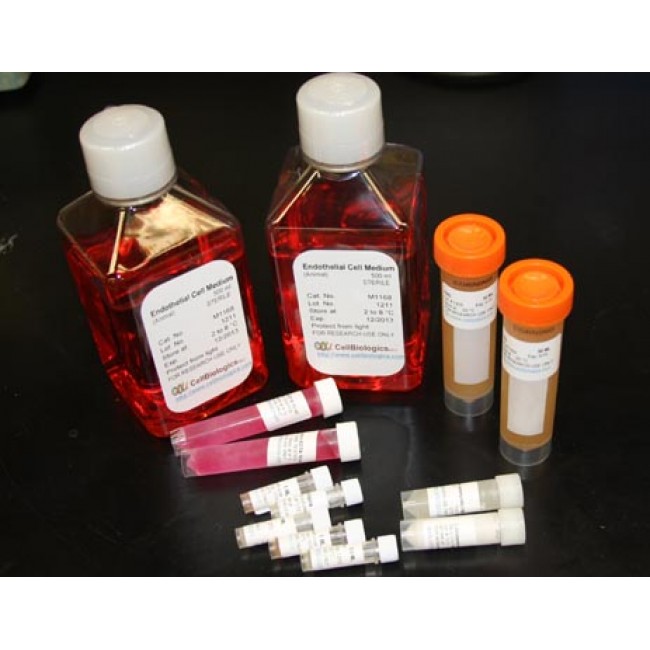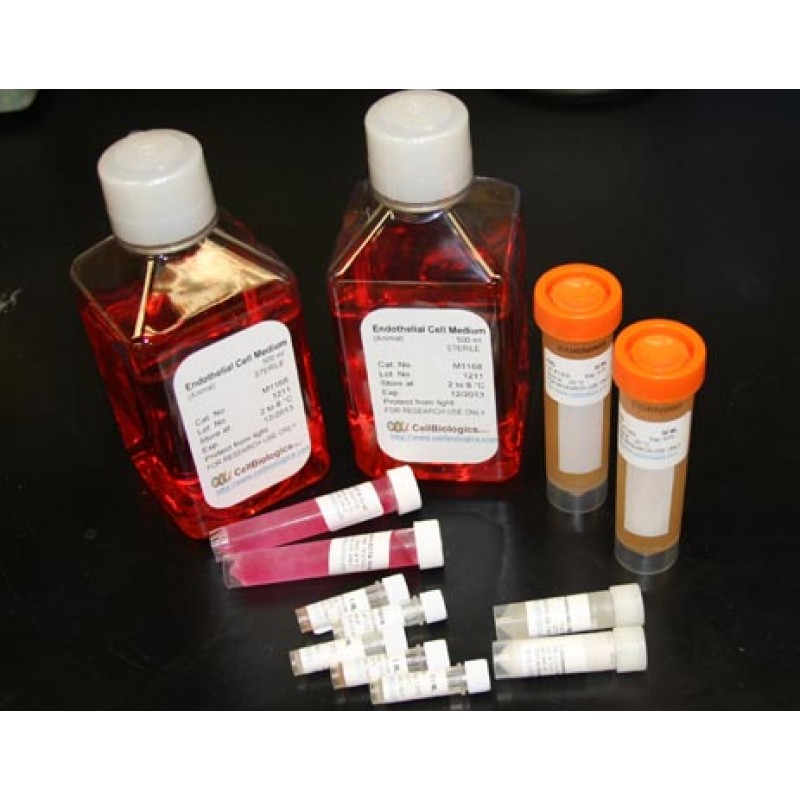M-CSF is produced by monocytes, granulocytes, endothelial cells, and fibroblasts. After cell activation, B cells and T cells and also a number of tumor cell lines are capable also of synthesizing this factor. M-CSF has been found to be synthesized by uterine epithelial cells in vivo. The M-CSF receptor is identical with the proto-oncogene fms. It has been renamed CD115. The receptor is a transmembrane protein with an extracellular ligand-binding domain of 512 amino acids, an intramembrane domain of 25 amino acids, and a cytoplasmic domain of 435 amino acids encoding a tyrosine kinase. Human M-CSF is active in mouse and rat cells. The murine factor is active in rat cells but inactive in human cells. M-CSF is a specific factor in that the proliferation inducing activity is more or less restricted to the macrophage lineage. M-CSF is a potent stimulator of functional activities of monocytes.


